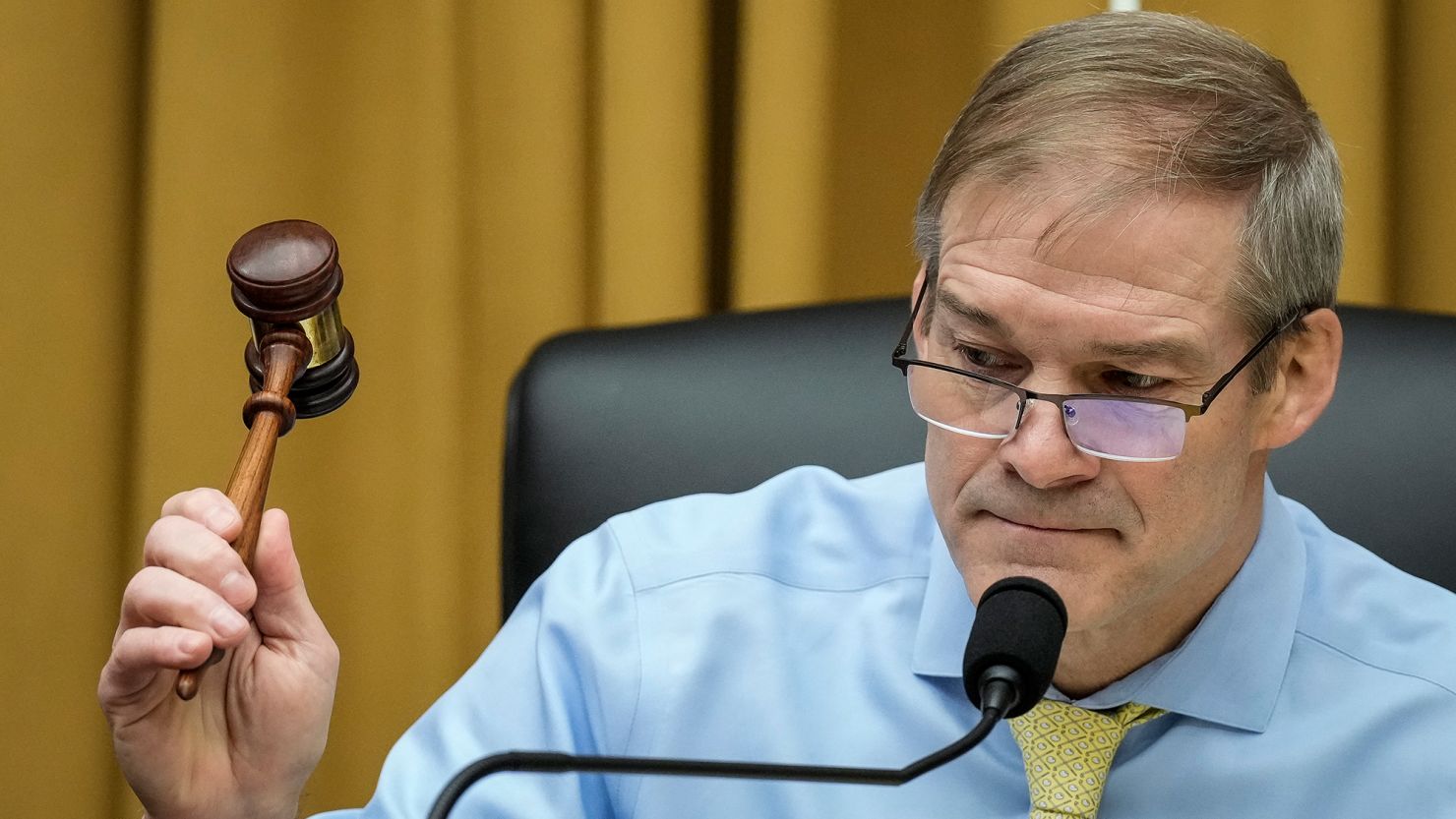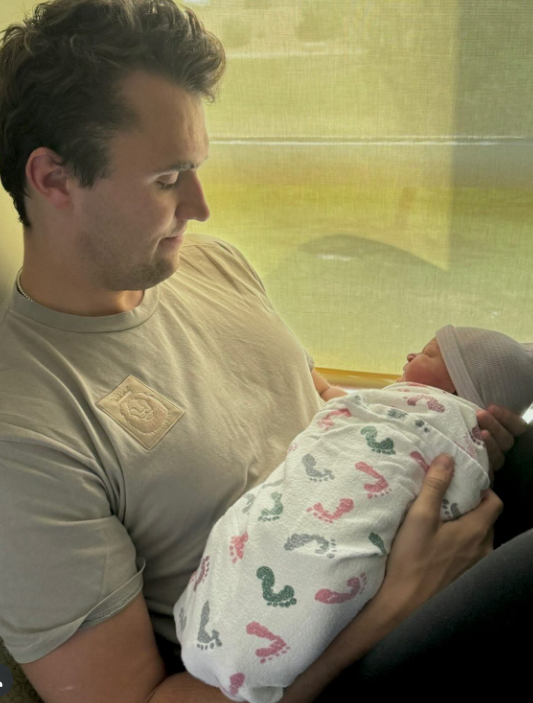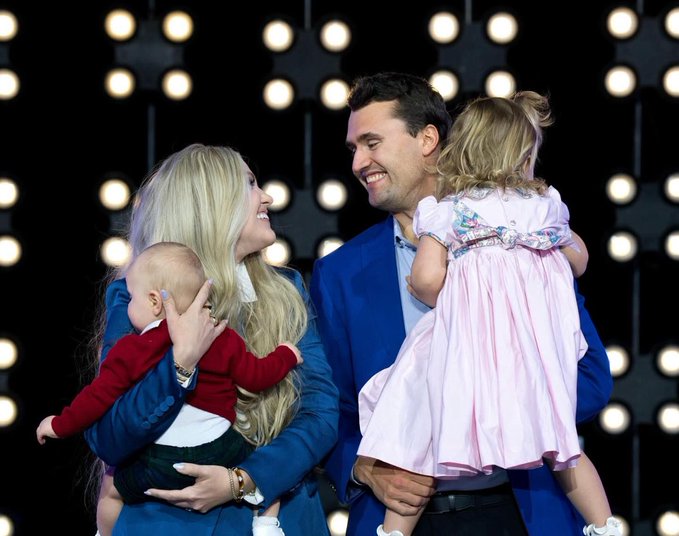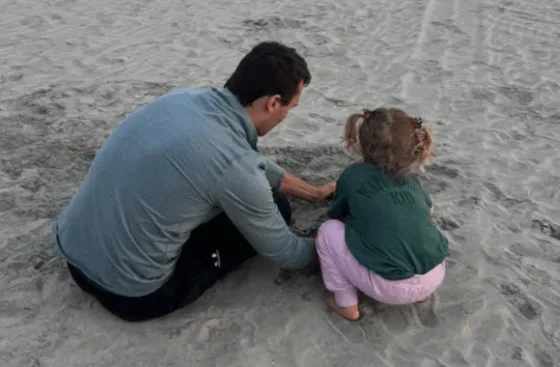Rep. Jim Jordan has just unveiled a game-changing bill that could redefine who’s eligible to lead America
Jim Jordan’s “American Birth” Bill Sparks National Debate Over What It Means to Be Truly American
WASHINGTON — A new bill introduced by Representative Jim Jordan (R-Ohio) has set Washington ablaze with controversy, reigniting one of the oldest and most divisive questions in American politics: What does it mean to be American enough to lead?
The proposed legislation, formally titled the “Born American Act,” would require that anyone seeking the presidency, vice presidency, or a seat in Congress be born on U.S. soil — effectively barring naturalized citizens from holding the nation’s highest offices.

Supporters call it a matter of patriotism and constitutional integrity. Critics denounce it as xenophobic, exclusionary, and fundamentally un-American.
And in a political climate already stretched thin by partisanship, Jordan’s bill may become the next ideological fault line to split the nation.
The Proposal: “American by Birth, American by Duty”
Unveiled at a press conference on Capitol Hill, Jordan’s bill lays out a simple but sweeping mandate: only individuals born in the United States to at least one American citizen parent would be eligible to run for or hold federal elected office.
“Our leaders should have roots that run deep into the soil of this country,” Jordan told reporters. “They should understand — not just intellectually, but instinctively — what it means to live and breathe American freedom.”
The congressman argued that the bill is designed to “preserve the founding spirit” of the nation, ensuring future leaders are grounded in its culture, values, and constitutional traditions.
“This is not about exclusion,” he added. “It’s about ensuring that those who make the laws of this land have lived under them their entire lives.”
The proposed amendment would go beyond the existing constitutional requirement that the president be a “natural-born citizen” — a term that has historically included people born abroad to American parents.
If passed, it would bar naturalized citizens — even those who have spent decades in the country — from running for president, vice president, senator, or representative.

The Backlash: “A Step Backward”
Within hours of the bill’s announcement, backlash was swift and fierce.
Civil rights advocates, immigrant groups, and constitutional scholars denounced the proposal as discriminatory and anti-immigrant.
Senator Alex Padilla (D-Calif.), the son of Mexican immigrants, called the bill “a betrayal of everything this nation stands for.”
“We are a country built by immigrants, defended by immigrants, and renewed by immigrants,” Padilla said. “To suggest that only those born here can lead here is not patriotism — it’s fear.”
The American Civil Liberties Union (ACLU) issued a statement calling the proposal “a dangerous and unconstitutional attempt to create two classes of citizenship.”
“This bill doesn’t strengthen democracy,” the statement read. “It weakens it by suggesting that birthplace, not merit, defines one’s love of country.”
Legal experts have also questioned whether the bill could withstand judicial scrutiny.
Professor Linda Chavez, a constitutional scholar at Georgetown University, noted that while Congress can regulate eligibility for congressional office through legislation, changing presidential qualifications would require a constitutional amendment — a process that demands ratification by three-fourths of the states.
“This proposal, in its current form, has no path forward without a constitutional amendment,” Chavez explained. “But the symbolism of it — that’s what will resonate politically.”
A Political Chess Move?
Some analysts see Jordan’s proposal less as a realistic piece of legislation and more as a strategic political message.
By introducing the Born American Act in the run-up to a high-stakes election season, Jordan is effectively staking a claim on one of the Republican Party’s most enduring talking points: the protection of “American identity.”
Dr. Nathan Klein, a political analyst at the Brookings Institution, described the bill as “performative nationalism.”
“Jordan knows this bill won’t pass — at least not in this Congress,” Klein said. “But that’s not the point. The point is to force Democrats to take a position that can be portrayed as ‘anti-American’ or ‘soft on immigration.’”
Indeed, Jordan’s rhetoric at the press conference echoed broader themes from recent GOP messaging — linking national pride, border security, and citizenship under a single, emotionally charged banner.
“We’re losing sight of who we are,” Jordan said. “This bill is a reminder that being an American is more than paperwork — it’s heritage, it’s sacrifice, it’s home.”
America’s Identity Debate
The firestorm surrounding the Born American Act comes amid a larger cultural debate about identity and belonging in a rapidly changing nation.
The United States has more foreign-born residents today than at any time in its history — over 45 million, according to U.S. Census data. Many are naturalized citizens who serve in the military, work in public service, and contribute billions to the economy.
For some, the idea that such citizens could never hold the country’s top offices feels like a repudiation of America’s core promise: that anyone, regardless of birthplace, can rise through merit and hard work.
“If Alexander Hamilton were alive today, he’d be disqualified under Jordan’s bill,” quipped one historian, noting that the founding father himself was born in the West Indies.
Immigrant advocacy organizations have also warned that such legislation could further polarize an already fractured electorate.
“This is not just about who runs for office,” said Maria Gomez, director of the National Coalition for Immigrant Rights. “It’s about who counts as fully American.”
The Road Ahead

Despite its explosive debut, the Born American Act faces long odds in Congress. With Democrats controlling the Senate and President Biden almost certain to veto any such measure, the bill is unlikely to become law in its current form.
Still, its political impact may be far-reaching. By injecting questions of loyalty, belonging, and identity into the 2026 campaign cycle, Jordan has ensured that the debate over what it means to be “truly American” will remain front and center.
“Legislation like this isn’t just about law,” said Klein. “It’s about storytelling. It’s about shaping how Americans see themselves — and who they think belongs in the story.”
The Question That Remains
In a way, the controversy surrounding Jordan’s bill reflects a paradox at the heart of the American experiment: a nation founded by immigrants, still struggling to define who gets to claim its future.
To its supporters, the Born American Act is a safeguard — a reaffirmation of loyalty and heritage. To its critics, it’s a betrayal of the very ideals it claims to defend.
But perhaps the deeper truth lies in the tension between those two visions.
Because for all the outrage and rhetoric, the question remains the same — one as old as the republic itself:
Who gets to call themselves American?
And maybe, just maybe, that’s the conversation Jim Jordan always wanted to start.
Everyone broke down in tears when Charlie Kirk’s 3-year-old daughter did this beside his coffin — and Erika, defying her in-laws’ objections, allowed the little girl to see her father’s face one last time!

The nation is still reeling from the shocking assassination of conservative firebrand Charlie Kirk, gunned down on September 10, 2025, while speaking at Utah Valley University. But it was the gut-wrenching moment at his funeral, when his 3-year-old daughter tried to wake her father from his eternal sleep, that left thousands in tears.
Defying her in-laws’ objections, Kirk’s grieving widow, Erika, made the courageous choice to let their little girl see her father’s face one last time—a decision that led to a scene no one will ever forget.
The tragedy struck just days ago when Kirk, the 31-year-old co-founder of Turning Point USA, was hit by a sniper’s bullet to the neck during his “Prove Me Wrong” debate in the Sorensen Center courtyard at UVU. Before a crowd of 3,000, chaos erupted as attendees fled in panic.
Kirk was rushed to Timpanogos Regional Hospital, where doctors fought to save him, but he was pronounced dead within the hour. Utah Governor Spencer Cox called it a “heinous political assassination,” and the FBI has launched a nationwide manhunt for the shooter, offering a $100,000 reward for information leading to an arrest.

The funeral, held at a sprawling Orem megachurch, drew a sea of mourners—conservative activists, political titans, and heartbroken supporters. President Donald Trump, a longtime ally of Kirk, delivered a fiery eulogy, declaring him “a patriot martyred for speaking truth.”
Attendees included Utah’s entire congressional delegation, Turning Point USA leaders, and even international figures like Israeli Prime Minister Benjamin Netanyahu, who hailed Kirk as “a fearless voice for freedom.” The air was thick with grief, but nothing prepared the crowd for the moment that would break their hearts.
As the organ played a somber rendition of “Amazing Grace,” Erika, 30, her face pale and eyes swollen from days of weeping, led her 3-year-old daughter to the open casket.
Kirk’s parents had pleaded with Erika to shield the little girl from the sight of her father’s lifeless body, fearing it would scar her young mind. “They were adamant,” a close family friend told us exclusively. “They thought it would be too much for her to handle. But Erika stood firm—she believed her daughter deserved a chance to say goodbye.”
Clad in a tiny black dress with a white ribbon, the toddler clutched her mother’s hand, her wide eyes filled with confusion and sorrow. Erika gently lifted her daughter to the edge of the polished oak casket. What happened next brought the entire congregation to its knees.

The little girl, her voice trembling, leaned toward her father’s face and whispered, “Daddy, wake up. Please wake up.” Her small hands reached out, gently patting his cheek as if trying to rouse him from a deep sleep. She repeated, “Daddy, you gotta wake up. I need you.” The room fell silent, save for the sound of muffled sobs. Grown men buried their faces in their hands, and women clutched tissues as tears streamed down their cheeks.
Erika, fighting to hold herself together, stroked her daughter’s hair, whispering words of comfort only a mother could find in such a moment. The toddler placed a crumpled drawing—a stick-figure family with a bright yellow sun—beside her father’s hand, a final gift to the man who had been her hero. “She drew it for him the day before he died,” the family friend revealed. “She wanted him to have it forever.”
The raw emotion of the moment was too much for many to bear. “I’ve been to a lot of funerals, but I’ve never seen anything like that,” said one mourner, a Turning Point USA volunteer. “That little girl trying to wake her daddy—it broke us all.” Another attendee, a Utah state senator, added, “It was like watching innocence confront the cruelty of the world. We were all undone.”

Kirk’s assassination has sparked a firestorm of debate, with conservatives pointing to rising political violence and critics of Kirk’s polarizing rhetoric arguing it fueled division. Posts on X reflect the divide: some call him a “hero taken too soon,” while others claim his rhetoric “made him a target.” The FBI has yet to identify a motive, but theories range from a lone gunman with a personal grudge to a coordinated attack by political extremists. Governor Cox has promised “every resource” to bring the killer to justice, while Trump vowed to “root out the enemies of freedom.”
Erika, now facing life as a single mother, has remained silent, focusing on shielding her daughter from the media frenzy. Friends say she’s determined to honor Kirk’s legacy while protecting her child’s fragile heart. “Erika’s strength is unbelievable,” said a neighbor. “She’s holding it together for her little girl, but you can see the pain in her eyes.”
As the nation mourns, the image of a 3-year-old pleading for her father to wake up will linger as a haunting reminder of the cost of division. Kirk’s voice may be silenced, but his daughter’s innocent cry has left an echo that will not fade.







